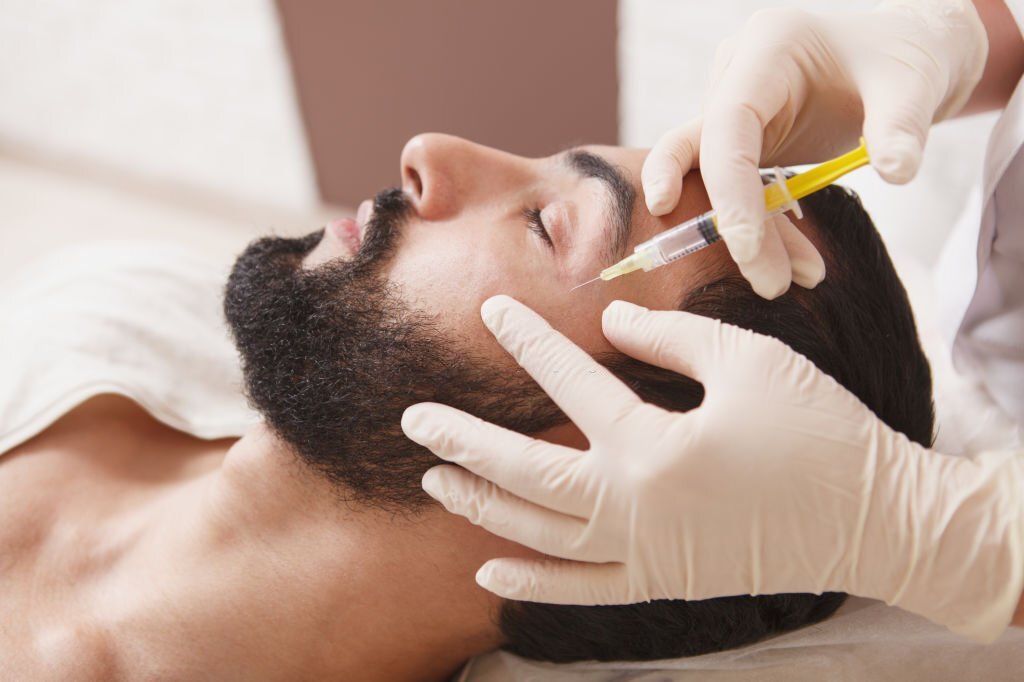Acne affects millions of individuals worldwide, particularly during adolescence, and leaves behind acne scars as a lasting reminder. These scars can have a significant impact on self-esteem and confidence. Fortunately, various treatments offer hope for reducing these scars. Consulting a dermatologist is crucial to determine the most suitable medical spa treatment plan and achieve smooth, radiant skin, boosting confidence and self-esteem. This blog will explore the causes of acne scars and the various effective treatments available.
Overview of Acne Scars
Acne scars result from the body's natural healing process after acne inflammation occurs. When the skin's pores become clogged with excess oil, dead skin cells, and bacteria, it can lead to inflammation and subsequent acne breakouts. Moreover, the inflammation can damage the skin's collagen in more severe cases, leaving behind scars. Acne scars are of two main types:
Atrophic Scars: These scars are characterized by tissue loss, resulting in depressions on the skin surface. The most common atrophic scars include ice pick, boxcars, and rolling scars.
Hypertrophic Scars: These scars are raised and often occur when the body produces too much collagen during healing.
Causes of Acne Scars
· Picking and Squeezing
One of the primary reasons acne scars develop is the temptation to pick or squeeze acne lesions. Doing so can cause further damage to the skin and increase the risk of scarring.
- Inflammatory Acne
More inflamed and severe acne is more likely to lead to scarring. Therefore, it is essential to address acne early to minimize its potential to cause scars.
- Genetics
Some individuals are more genetically predisposed to developing acne scars. Thus, it makes it crucial for them to take extra care of their skin to prevent scarring.
Effective Treatments for Acne Scars
Fortunately, several treatments can help reduce the appearance of acne scars and restore smoother, more even-toned skin. Visiting Youthful Derma, Mississauga, is helpful and a wise decision in this regard.
- Topical Treatments: To treat mild acne scars effectively, one can turn to over-the-counter creams containing ingredients like retinoids, vitamin C, and alpha hydroxy acids. These ingredients are vital in promoting cell turnover and collagen production, improving skin texture and reducing scarring. Additionally, they offer a convenient and accessible option for scar treatment.
- Chemical Peels: Chemical peels involve applying a chemical solution to the skin, which exfoliates the top layer. Furthermore, it stimulates collagen production and encourages the growth of new, healthy skin cells. This treatment is particularly effective for mild to moderate acne scars.
- Microneedling: Microneedling involves using tiny needles to create controlled micro-injuries in the skin. This process triggers the body's natural healing response and collagen production, leading to smoother skin and reduced scarring. If you live in Mississauga, visit Youthful Derma for the best microneedling therapies.
- PRP Therapy: Platelet-Rich Plasma (PRP) therapy is a cutting-edge treatment that utilizes the body's platelets to stimulate tissue regeneration. In this procedure, a small amount of the patient's blood is drawn and processed to extract a concentrated solution of platelets. Then your doctor injects it into the acne scars, promoting collagen synthesis and improving the skin's overall texture.
- Dermal Fillers: Dermal fillers help fill in and elevate depressed acne scars. These fillers are of various materials, such as hyaluronic acid, polylactic acid, or calcium hydroxylapatite. When injected beneath the scarred area, dermal fillers plump up the skin. Hence, they reduce the appearance of atrophic scars and restore a smoother complexion.
- Laser Therapy: Laser treatments can effectively treat acne scars by targeting damaged skin and stimulating collagen production. Fractional laser therapy, for example, creates micro-injuries in the skin, prompting the body's natural healing process and minimizing the appearance of scars.
Final Thoughts
Acne scars can be a frustrating and confidence-damaging after-effect of acne breakouts. However, with the many effective treatments available today, no one has to live with these scars indefinitely. From topical treatments and chemical peels to advanced procedures like PRP therapy and dermal fillers, options are suitable for varying degrees of scarring.
Remember, the best approach to managing acne scars is to address acne breakouts promptly and seek professional advice from a dermatologist or skincare expert. By taking proactive steps and exploring the appropriate treatments, you can regain smoother and clearer skin, thus boosting your self-esteem and restoring your confidence.





Comments